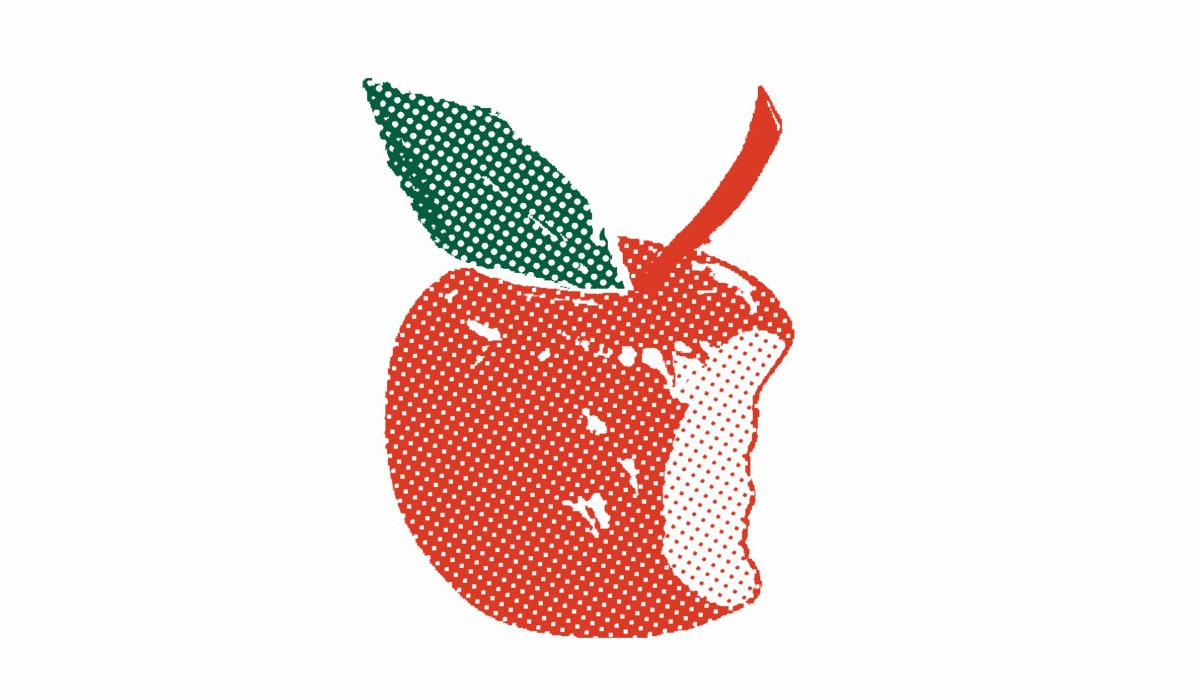 Photo: Virago
Photo: Virago
The feminist publisher Virago launched 50 years ago today in the midst of the wave of women’s liberation and industrial struggle. It was an important resource for those wanting to find out more about women’s lives. Lindsey German gives five recommendations from her bookshelves
- Women Workers and the Industrial Revolution 1750-1850 by Ivy Pinchbeck (1981). One of Virago’s great achievements was rooting out previously published work and making it widely available. Pinchbeck was one of several very important historians who were largely unknown. Her book is my source for a detailed study of how women worked, what the advent of industrialisation did to change it, and how it took them out of the home and into the factories.
- The Suffragette Movement by Sylvia Pankhurst (1977). Socialist, suffragette, artist and campaigner – the authentic voice of one of the most important women in 20th century British history. While there are criticisms of some of Sylvia’s view of events, it is a powerful testimony of hunger strikes, demonstrations, direct action, and the struggles of working-class women, written in a very readable style.
- Sexuality: a reader edited by Feminist Review (1987). This is an interesting collection including a range of sometimes conflicting views on sexuality, black lesbianism, abortion, and pornography. It reflects many of the concerns of the 80s and includes writing from some key feminists of the time. It broaches subjects about which there was still much controversy, some of which continue today.
- The Hard Way Up by Hannah Mitchell (1977). The autobiography of a working-class woman born in the Peak District, who went into domestic service as a young girl but who after marriage became involved in the movement for the suffrage and for labour, becoming a councillor in Lancashire during the Depression. It was unusual to hear the voice of a woman like her, and the introduction by historian Sheila Rowbotham gives a political context.
- Poor Cow by Nell Dunn (1988). Virago also published fiction, often from the early part of the 20th century, but this was from the 60s writer of Up the Junction – both were made into popular films. They described sex, working class lives, and repeated failures to escape their misery. Joy is a great heroine – loving and warm but constantly thwarted by what life throws at her.
Before you go
Counterfire is growing faster than ever before
We need to raise £20,000 as we are having to expand operations. We are moving to a bigger, better central office, upping our print run and distribution, buying a new printer, new computers and employing more staff.
Tagged under:
Analysis
Defend Corbyn Rally, Parliament Square, London, 27 June 2016. Photo: Jim Aindow/Flickr
01 Sep 2016
Escaping Bleak House: sex, class and power in neoliberal Britain
History
Bryant and May match girls strike committee, 1888. Photo: TUC Library Collections, London Metropolitan University
26 Mar 2016
Always in the front line
Opinion
Jeremy Corbyn at the Refugees Welcome rally after winning the Labour leadership race. Image: The Weekly Bull/Flickr.
15 Sep 2015
Jeremy Corbyn and women: a matter of policy not posts
Review
08 Jan 2015
Captive Revolution: Palestinian Women’s Anti-Colonial Struggle Within the Israeli Prison System
Opinion
09 Nov 2013

